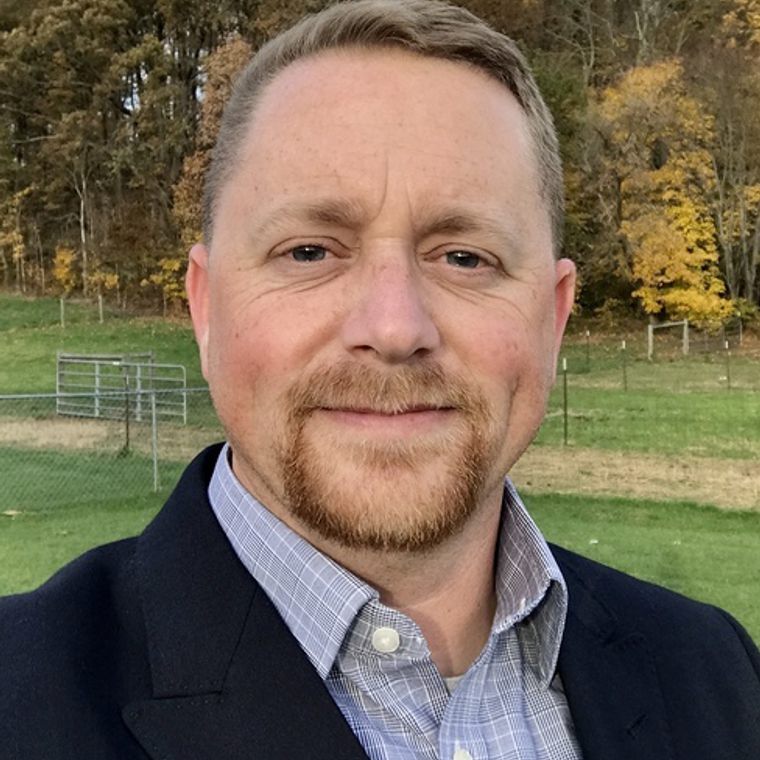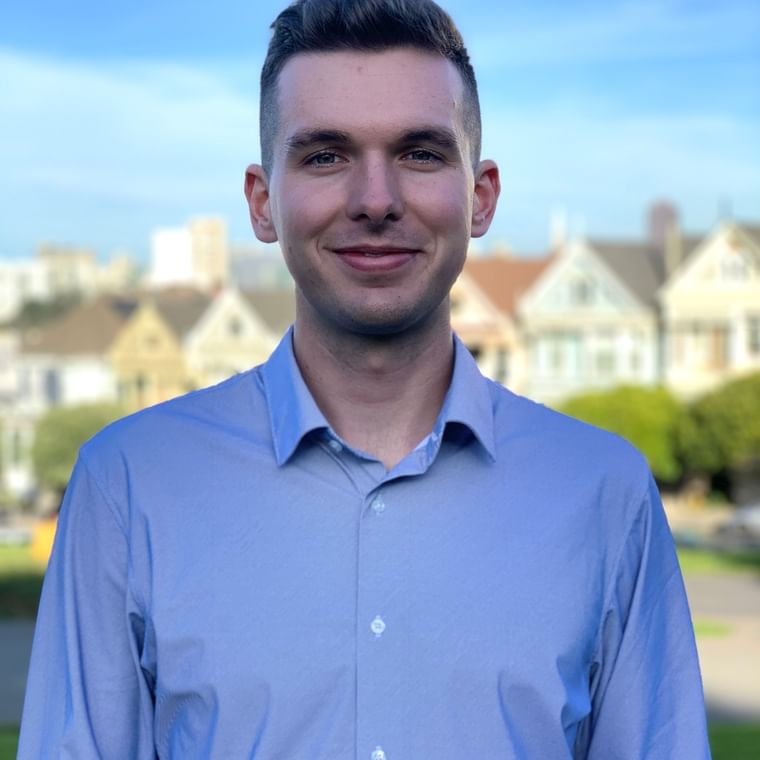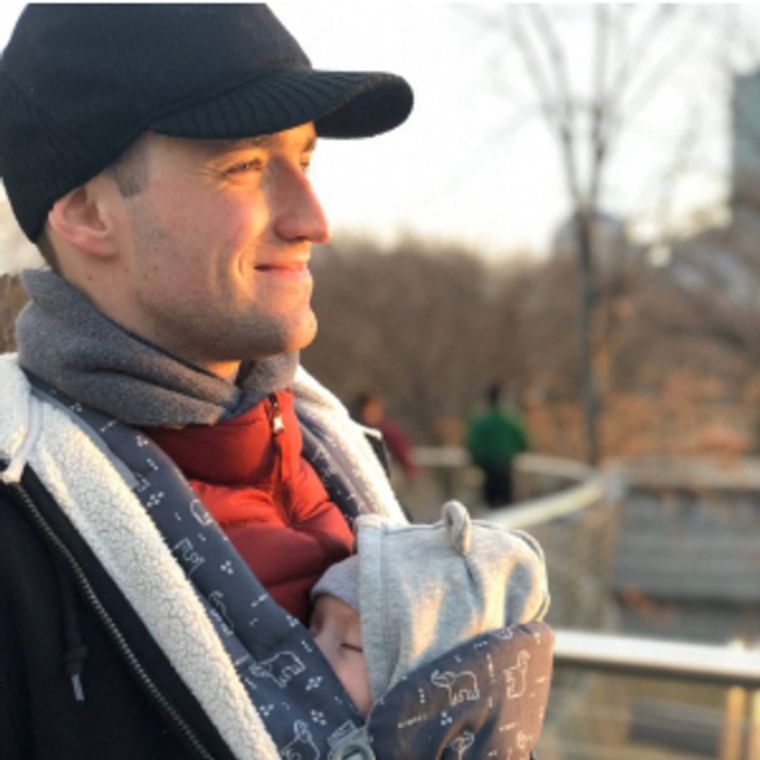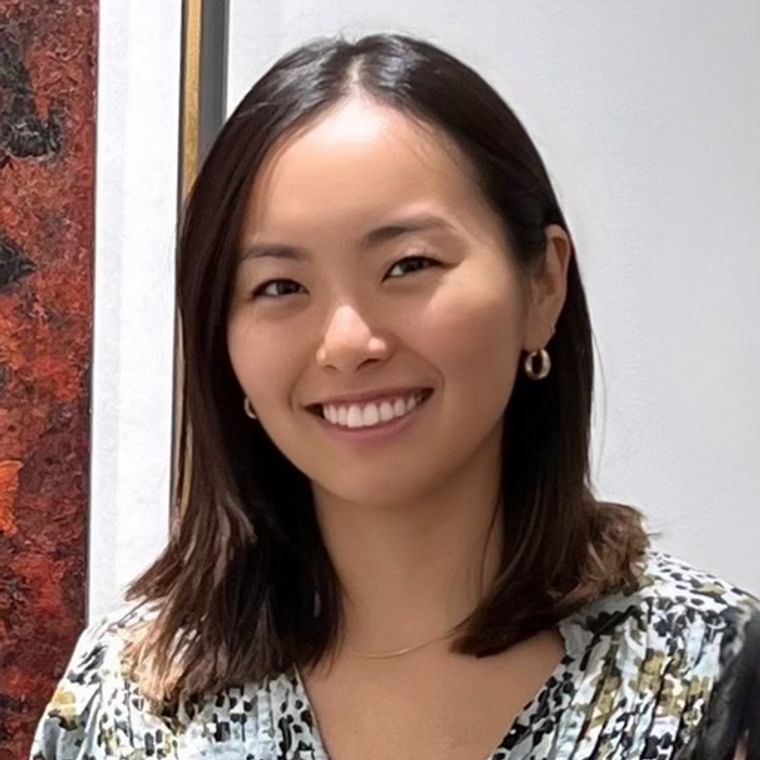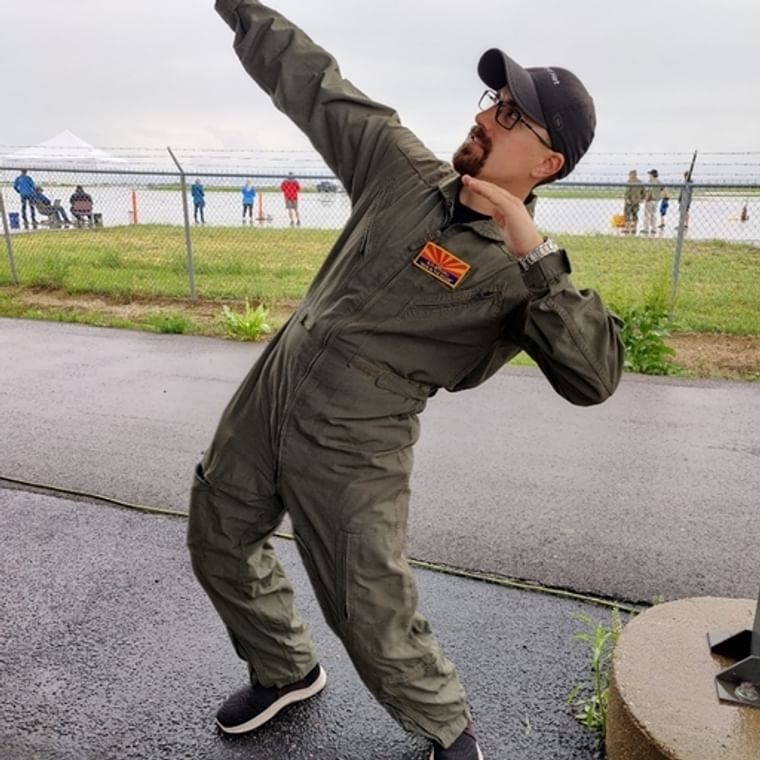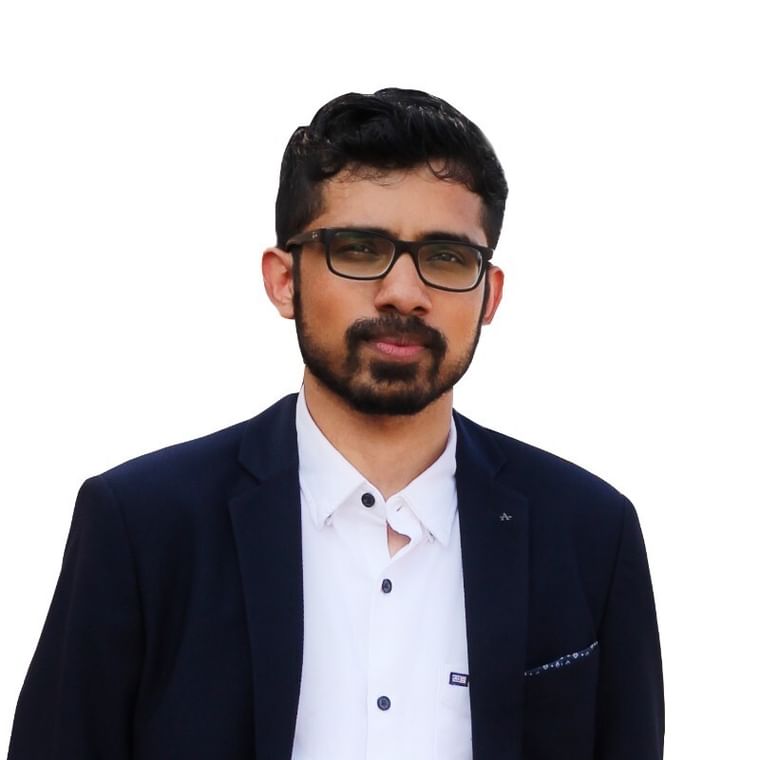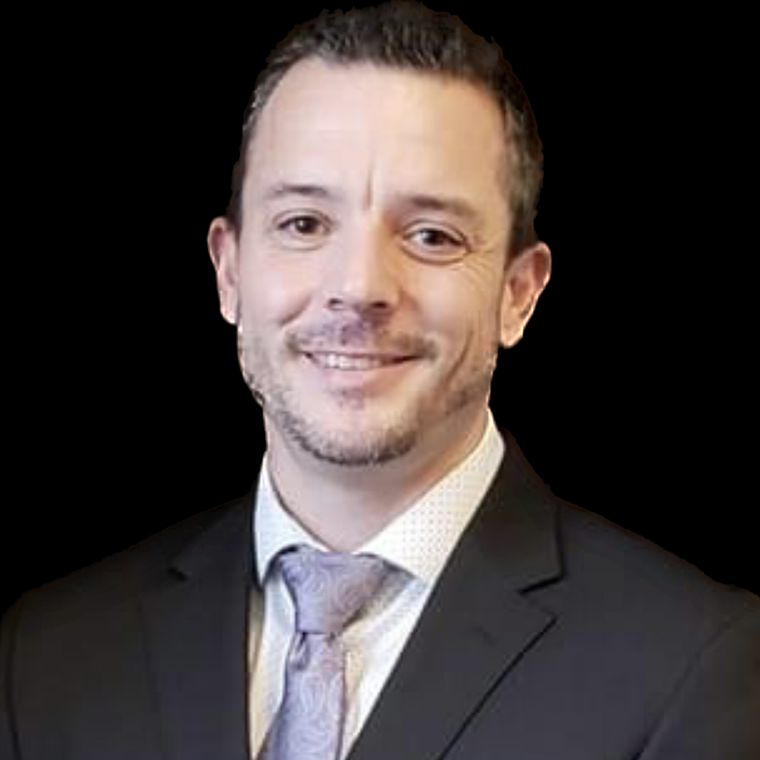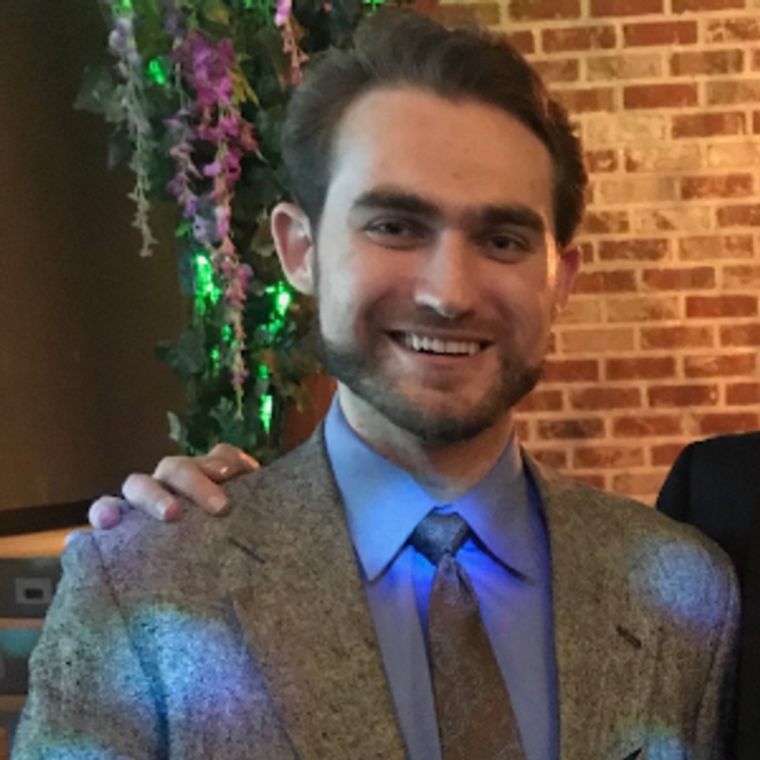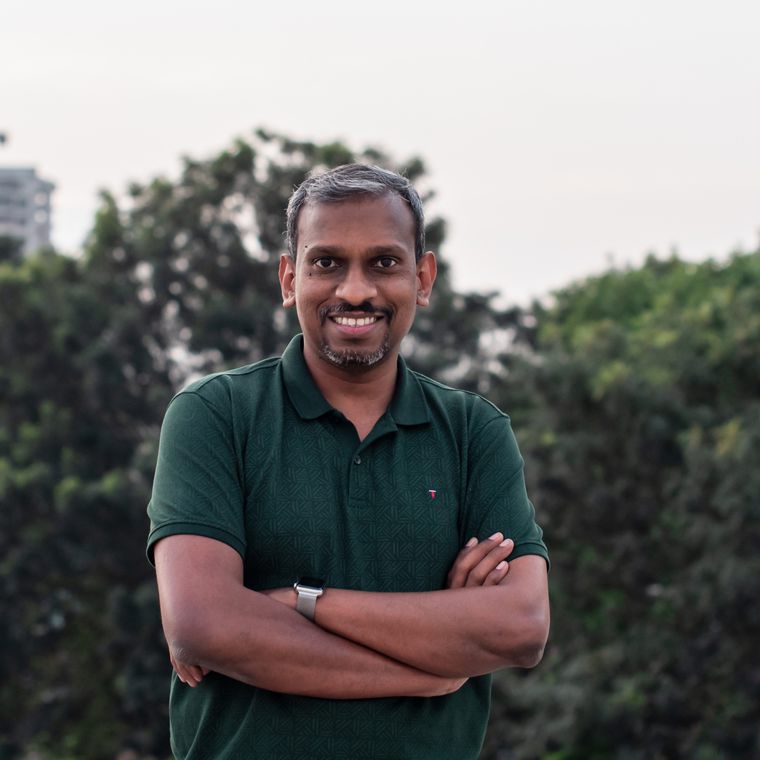Abnormal Voices: Meet Yashvi Ramanuj, Engineer
Describe yourself in three words.
Curious, driven, and thoughtful.
Tell me what you do at Abnormal in 2-3 sentences.
I am a software engineer in the Human Security Product team. I build backend systems that protect clients from security threats while trying to exploit AI tools so we can provide the best possible value to our clients.
What does a typical day look like for you?
Half the time, my work is spread across the day due to collaboration with teams all over the globe. Out of that, around 60% of my time is focused on coding, and 40% goes to discussions, brainstorming, meetings, system design, and non-coding problem-solving.
What's been your biggest "aha moment" while working with AI technology?
As most engineers are aware i guess, the way AI writes code for well defined and simple tasks, that used to be repetitive, for example, building a production level CRUD APIs (including tests, monitoring, alerting, logging, decent security measures), are now extremely fast due to LLMs. But the way most recent LLMs like grok-3 and gpt4.5 are tackling deep research based tasks that need heavyish brainstorming usually is something that is very surprising to me!
What's the most surprising way you've seen AI help streamline your work? Any unexpected challenges or learning moments?
I believe the way AI can build in-house helper tools like internal portals with great velocity code snippets is the most helpful yet unexpected improvement in the lives of engineers here.
What's your favorite aspect of the engineering culture here that might surprise people?
The way my team's leadership is tackling open ended problems, gives me and my teammates immense opportunities to step into different shoes, show creativity and build amazing systems without lots of bureaucratic limitations holding us back; is my favorite thing about Abnormal so far!
What motivates you to come to work each day? How does the company culture contribute to your motivations?
The amazing problems we are solving! With the crazy AI usage, we don't have to spend time doing mundane tasks for a long time, we get to spend time on actually interesting deep technical problems. Also the scale of impact we are creating by building such products is surprisingly pleasant.
Why do you stay at Abnormal?
Super interesting domain, amazing leadership, and a culture that lets us bring out creativity without holding us back.
What surprised you the most about working at Abnormal?
The speed at which the company adapts to new technology, ideas, and innovations—even to the very bottom level—is very surprising to me. For example, the speed at which each and every engineer was being enabled, equipped, and prepared to leverage AI here!
Tell me about your career journey at Abnormal. How have you grown, and what are your goals for the future?
I come from a background where AI was still not widely used, and the focus was on perfecting the code we wrote. Here at Abnormal, the usage of the latest tech trends—like AI, tools, and frameworks—is incredibly fast. That is helping us become significantly more productive. Plus, since my team started around the same time I joined, I’ve had the opportunity to see the journey from 0 to 1. I've been lucky to be part of most of the big and small decisions. This has helped me develop a much broader view of the domain we’re in and has provided so many opportunities to grow!
Tell me about something you’ve learned working at Abnormal that has changed how you work, or your perspective.
The balance between speed while ensuring quality and excellence is probably the most valuable lesson I am learning.
What does connection look like for you at work in a remote environment? How do you stay connected to your team?
My team is actually hybrid, so we come to the office about two days a week. Everyone is very supportive and smart. It's great to learn from each other and grow.
What advice would you give to anyone hoping to join Abnormal?
If you want to really integrate the latest tech trends in your day-to-day work, stay updated with the software industry as well as the security domain, and work at a super fast-moving company that also has a great culture—this is the place to be!
Anything else about you, your interests, or your role that you'd like to add?
While we are going through the most disruptive times this industry has ever seen, I am grateful to be part of a company that gives me the opportunity to help define the new way engineering is going to be! I hope to continue contributing to making Abnormal the most dynamic, adaptive, and up-to-date company delivering cutting-edge solutions to our clients.
_____
Here, AI isn’t a tool you adopt—it's the core of how we engineer, innovate, and defend the world from cyber threats. Ready to build cybersecurity's AI-driven future at Abnormal? Check out our open roles.


